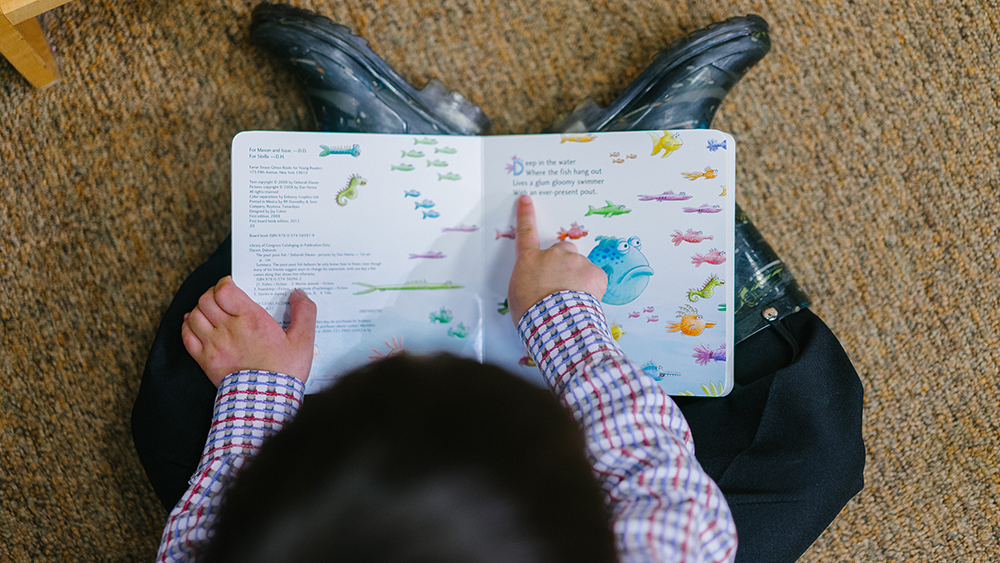Bainum Family Foundation: COVID-19 Decisions Must Protect the Most Marginalized and Vulnerable

Editor’s Note: This piece was originally published by The DC Line and is excerpted here with permission.
The truest test of any society is how its most marginalized members fare during times of crisis. We at the Bainum Family Foundation―like many others in philanthropy and across the nonprofit field here in DC―have particular concern for one of our most vulnerable populations: While many of our lives are being inconvenienced during this COVID-19 crisis, roughly 53,000 children in low-income families in the District―most of which are families of color―are facing significant challenges from many angles.
Housing and job instability are very real threats. Parents working in industries that are likely to be hardest hit by social distancing―such as retail, food service and hospitality―are already struggling with wages that don’t fully meet their needs. This crisis makes them even more vulnerable to being laid off as these industries respond to government directives to close or limit operations, or employers attempt to stem their economic decline. These parents are also less likely to have sick leave or flexibility to work from home. All of this makes these families more vulnerable to eviction―if they even have homes. DC has 22,000 children living in crowded housing and more than 1,500 who are homeless, according to the Annie E. Casey Foundation. Those who are already homeless and doubling up may have to leave a friend’s or relative’s house to avoid overcrowding. Someone previously willing to lend a couch or a spare room may turn these families away now for fear of exposure.
These families may also face child care challenges. Child care providers may close, leaving parents scrambling to find alternatives and disrupting children’s attachments with their teachers and caregivers, which are vitally important for children’s development. And family members or neighbors may not be able to pitch in to help with child care if they themselves fall ill, are self-quarantined or also face job instability.
Read the full article here.
